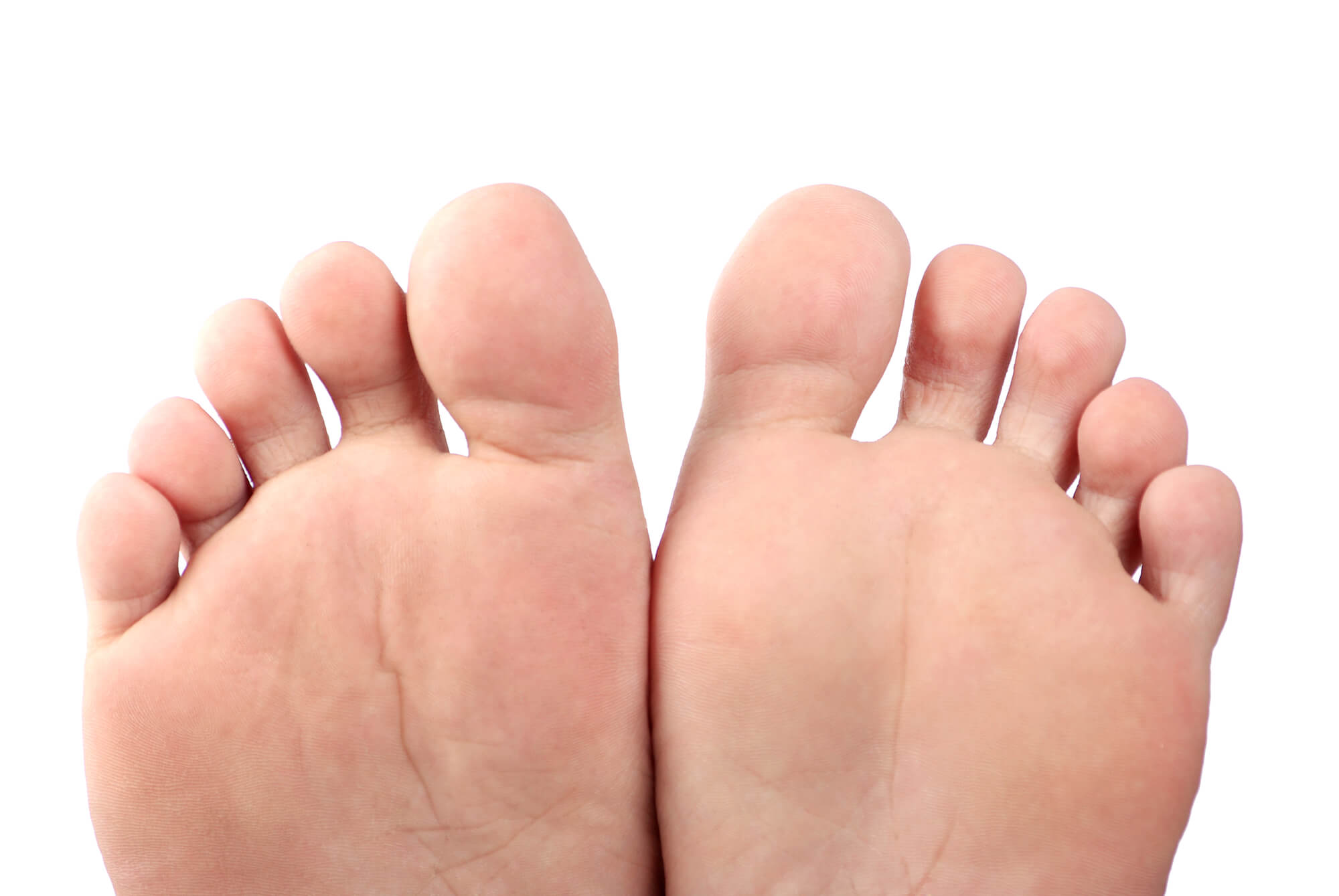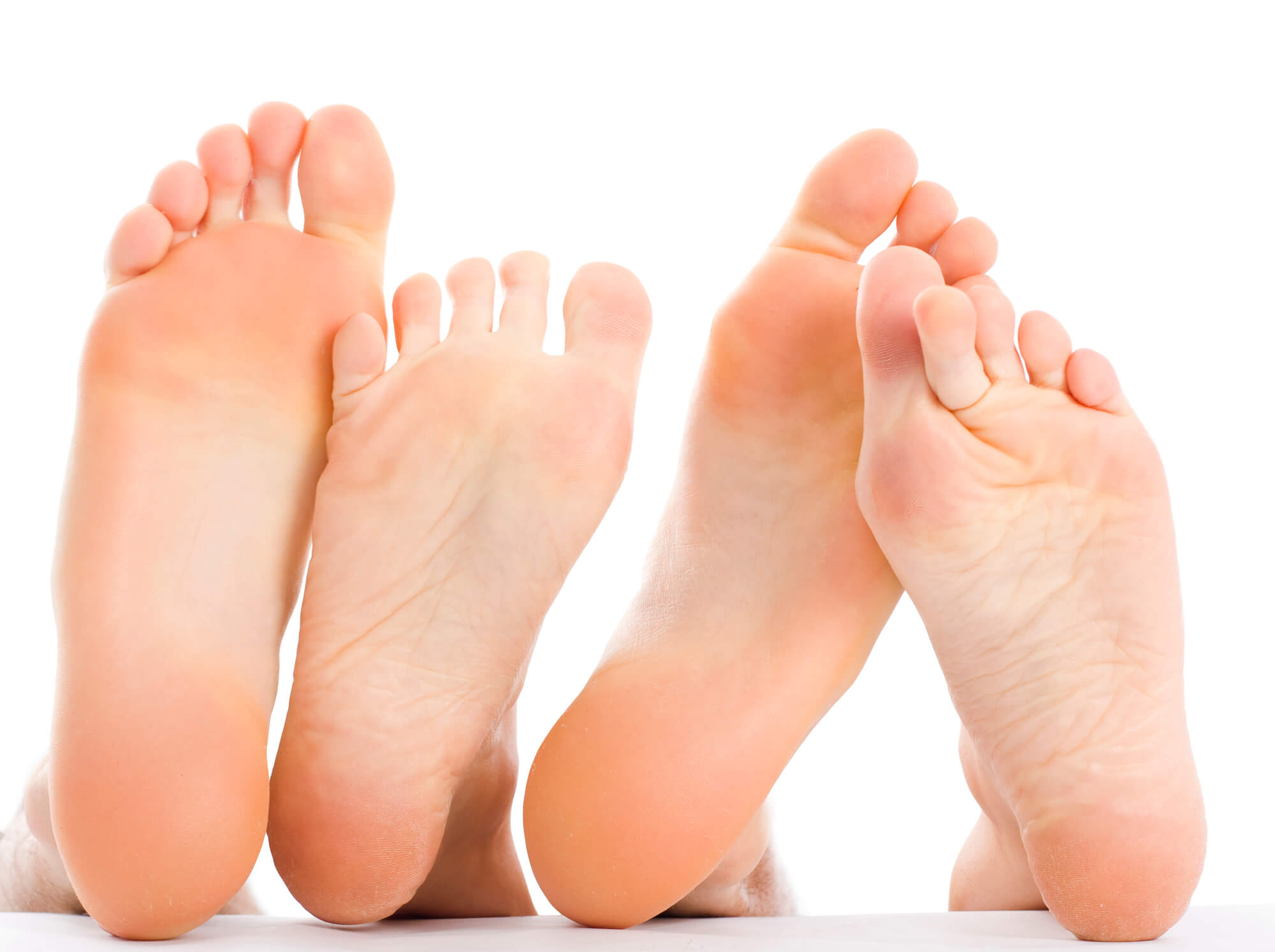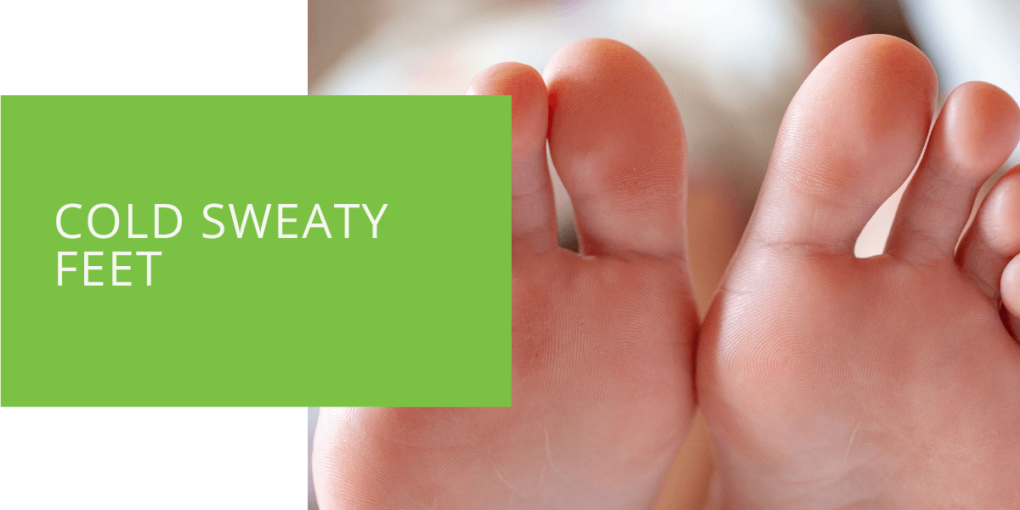Cold Sweaty Feet: Unraveling the Mystery
Do you often deal with cold, clammy feet that make you uncomfortable and self-conscious? If so, you're not alone. Cold and sweaty feet can be perplexing, but understanding the underlying causes and how to manage them can help you feel more confident and comfortable in your skin.
In this comprehensive guide, we'll explore the relationship between sweaty feet and coldness, diving deep into the medical conditions and factors that contribute to this phenomenon. We'll also provide actionable insights and practical tips for managing and preventing this common foot problem. Whether you're dealing with occasional cold and sweaty feet or an ongoing issue, this guide is designed to help you take control of your foot health and feel your best every step of the way.
Key Takeaways
- Cold and sweaty feet can result from various factors, including hyperhidrosis, systemic health conditions like thyroid problems and arterial diseases, and hormonal changes during menopause.
- Effective management involves a multifaceted approach, including treatment for underlying medical conditions, appropriate footwear, and personalized solutions from healthcare professionals.
- Seeking professional help is crucial for accurate diagnosis and tailored treatment plans, ultimately improving foot health and comfort.
The Dual Dilemma: Hyperhidrosis and Cold Feet
Hyperhidrosis Defined
Hyperhidrosis, or excessive sweating, is characterized by abnormally high perspiration levels. While it can affect various body parts, it often targets the feet, leading to sweaty and clammy sensations.
Hyperhidrosis is more than just an occasional case of sweaty palms or feet. It's a medical condition that affects millions of people worldwide, and its impact on foot health cannot be understated. Understanding the nuances of hyperhidrosis is the first step toward grasping why it can result in cold and sweaty feet.
Linking Excessive Sweating to Coldness
The connection between hyperhidrosis and cold feet is intriguing. When sweat glands in the feet go into overdrive, it can create a cooling effect as the sweat evaporates, leaving your feet cold and clammy.
Imagine your feet as natural air conditioners, with sweat as the cooling agent. While sweating is our body's way of maintaining temperature balance, excessive perspiration in the feet can lead to an unintended consequence: coldness. We'll explore the fascinating science behind this phenomenon and how it affects individuals with hyperhidrosis.
Plantar Hyperhidrosis: A Leading Culprit
Understanding Plantar Hyperhidrosis
Plantar hyperhidrosis specifically refers to excessive sweating of the feet. This condition can be isolating and uncomfortable, as it may lead to wet socks, unpleasant odors, and cold feet.
Plantar hyperhidrosis can be particularly distressing for those who experience it. When your feet continuously produce sweat in excess, it can lead to various challenges beyond just coldness. We'll take a closer look at the symptoms and consequences of this condition, providing you with valuable insights into its management.
Diagnosis and Identification
Identifying plantar hyperhidrosis is crucial for effective management. Podiatrists can diagnose it through various methods, including the starch-iodine test, highlighting sweat-prone areas on your feet.
Early diagnosis is key to managing plantar hyperhidrosis successfully. We'll discuss the importance of seeking professional help and explain podiatrists' diagnostic tools and techniques to pinpoint this condition. Identifying plantar hyperhidrosis can be a vital step toward finding relief.

Beyond the Feet: Systemic Factors
Thyroid Troubles
An overactive thyroid, known as hyperthyroidism, can disrupt the body's balance and lead to cold, sweaty feet. This medical condition should be addressed promptly, as it affects the thyroid's hormone production, impacting various bodily functions.
The thyroid gland plays a central role in regulating metabolism, and when it becomes overactive, it can trigger a cascade of effects throughout the body, including the feet. We'll delve into the details of hyperthyroidism, its connection to cold and sweaty feet, and why addressing thyroid issues is essential for overall health.
Menopause and Hormonal Changes
Hormonal fluctuations during menopause can extend their effects to the feet. Understanding how these changes can cause cold feet is crucial for managing this symptom during this phase of life.
Menopause brings about significant hormonal shifts in a woman's body, impacting various bodily functions, including thermoregulation. We'll explore the intricate relationship between menopause, hormonal changes, and cold feet, offering guidance on how to navigate this challenging phase with greater comfort.
Hypoglycemia and the Cold Foot Connection
Hypoglycemia, characterized by low blood sugar levels, can manifest as cold and clammy feet. Maintaining stable blood sugar levels through diet and medication can alleviate this issue.
Hypoglycemia isn't just about feeling shaky or lightheaded; it can also affect your extremities. We'll explain the mechanisms behind hypoglycemia-induced cold feet and provide practical tips on managing blood sugar levels to prevent this discomfort.
Arterial Disease: A Serious Underlying Cause
Poor blood flow, often linked to arterial diseases like atherosclerosis, can lead to cold feet. When arteries become narrowed or blocked, it restricts the blood supply to the extremities, causing coldness and discomfort.
Arterial diseases are a significant concern when it comes to cold feet. We'll discuss the intricacies of these conditions, their impact on blood flow, and why they can result in feet that feel perpetually cold. Understanding arterial diseases is crucial for recognizing and addressing this serious underlying cause.
Causes of Cold Feet: A Comprehensive Overview
Understanding the causes of cold feet involves considering a combination of factors, including hyperhidrosis, thyroid issues, hormonal fluctuations, and poor blood flow. These can interact and compound the problem, making accurate diagnosis and treatment essential.
The causes of cold feet are rarely isolated; they often intertwine, making it challenging to pinpoint a single culprit. We'll provide a holistic view of these causes, explaining how they can interact and create the perfect conditions for cold and sweaty feet. By understanding the complexity of these factors, you'll be better equipped to seek effective solutions.

Solutions and Lifestyle Adjustments
Managing Cold and Sweaty Feet
Managing cold and sweaty feet requires a multifaceted approach. Podiatrists may recommend antiperspirants, foot powders, or Botox injections to reduce sweat production.
Coping with cold and sweaty feet involves more than just wearing warm socks. We'll explore the various treatment options, from topical solutions to advanced medical interventions. You'll gain valuable insights into effectively managing this condition, tailored to your needs.
Footwear Matters
Choosing the right footwear is crucial for individuals with sweaty feet. Opt for breathable materials and moisture-wicking socks to keep your feet dry.
Your choice of footwear can significantly impact your foot health. We'll delve into the importance of selecting the right shoes and socks, providing practical tips on making your feet more comfortable and less prone to coldness and excessive sweating.
Addressing Underlying Health Conditions
Treating any underlying medical conditions, such as thyroid disorders or arterial diseases, is essential to combat cold feet effectively. Seek guidance from healthcare professionals for personalized treatment plans.
Solving the problem of cold feet often starts with addressing the root causes. We'll emphasize the importance of consulting healthcare professionals who can provide tailored treatment plans. Whether managing thyroid issues or improving blood flow, we'll guide you on taking the necessary steps toward long-term relief.
Conclusion
In addressing the persistent issue of cold and sweaty feet, we've delved into the intricate relationship between hyperhidrosis, systemic health conditions, and this common discomfort. As experts in the field, we understand your challenges and are here to help. If you're struggling with cold and sweaty feet, we encourage you to schedule an appointment. Together, we can find tailored solutions to ensure your foot health and comfort.
Our podiatrist's experience and expertise in podiatry enable us to provide personalized guidance and treatment options that can make a difference in your life. Don't let cold feet hold you back—take the first step towards warmer, more comfortable feet today!

